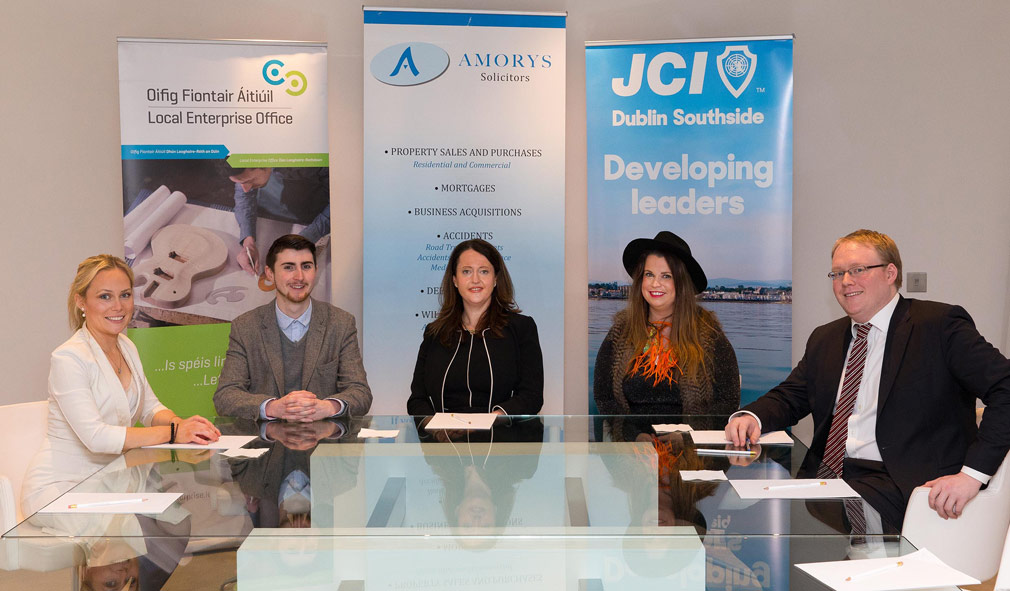The aim of the government during this pandemic is to help employers keep as many of their staff on their payroll as possible. A number of schemes have been put in place over the last two weeks to help employers deal...
Corporate Manslaughter Bill 2016
Corporate Manslaughter occurs when an organisation which has a duty of care to an individual fails to meet the standard of care required to prevent substantial risk of death or serious personal harm, and to take all reasonable measures to anticipate and prevent risks. The size and circumstances of the organisation will be taken into account. The duty of care applies to all employers, subcontractors, owners/occupiers of property, producers of goods and service-providers. A Court will take a number of factors into account in assessing whether there is a breach of the standard of care required and specifically the management, rules, policies, allocation of responsibilities, training and supervision of staff, previous response of the organisation to other incidents involving death or serious personal harm, the organisation’s goals, communications, regulation, assurance systems and whether it is a licensee or contractor.
All management and officeholders should be aware that they might come within the definition of a “high managerial agent”. A “high managerial agent” is a Director, manager or officer of an organisation or someone acting in that capacity. A Court will consider the actual and stated responsibilities of the employee to establish if the employee should have known of the risk, and whether it is in the power of the employee to eliminate the risk. If it is not in the power of the employee to eliminate the risk, whether the employee passed information on the risk to others who can eliminate the risk in considering a charge of “grossly negligent management causing death”. Prosecutions for the 2 offences are on indictment in the Circuit Court. An organisation which is convicted of Corporate Manslaughter will be liable for a substantial fine. A “high managerial agent” convicted of “grossly negligent management causing death” will be liable for a fine and or term of imprisonment of up to 12 years.
In addition to other sanctions, a Court may make a Remedial Order to address the problems identified to prevent any recurrence and can consult with relevant trade unions and regulatory and enforcement authorities in considering the conditions. The organisation may be subject to a Community Service Order or Adverse Publicity Order where it is required to publicise its conviction for Corporate Manslaughter, the fine and any Remedial Order online or by other means. A “high managerial agent” who is convicted of “grossly negligent management causing death” can also be disqualified from acting in a management capacity for up to 15 years on indictment or subject to a fine of a maximum of 5 million euro and or up to 2 years in prison. The Court is entitled to enquire into the financial circumstances of an individual in setting the fine. If an organisation has been dissolved and reformed and the Court is satisfied the purpose of this is to avoid criminal liability, the Court can disregard the fact that an organisation has changed name.
This is a summary of the bill which has been published and specific legal advice should be obtained in any situation. If you have any comment on this article or would like any further information, please contact Deirdre Farrell, partner, Amorys Solicitors deirdre@amoryssolicitors.com, telephone 01 213 5940 or your usual contact at Amorys

 ENG
ENG PL
PL

